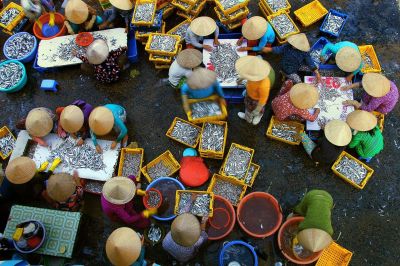Resilience Index Measurement and Analysis 2017
Uganda, 2017
Get Microdata
Reference ID
UGA_2017_RIMA_v01_EN_M_v01_A_OCS
Producer(s)
Food and Agricultural Organization of the United Nations, Office of the Prime Minister of Uganda
Collections
Metadata
Created on
Mar 15, 2021
Last modified
Mar 15, 2021
Page views
457757
Downloads
950
Last month: coping strategy in response to [Shock #7] (specify) (otherstrategy27)
Data file: anon_module_h2
Overview
Valid:
53
Invalid:
-
Type:
Discrete
Range:
-
Format:
character
Questions and instructions
Categories
| Value | Category |
|---|---|
| Ate output | |
| Ate some of the output | |
| Ate the output | |
| Ate the small output harvested | |
| Bartered output | |
| Bartered output output with refugees | |
| Bartered the produce | |
| Consumed output | |
| Did not sell but ate their produce | |
| Did not sell output | |
| Did not sell the output | |
| Didnot sell output but rather stocked | |
| Exchanged for other items | |
| Exchanged output to get other food stuff | |
| Had to consume the maize gor the next season | |
| Harvested the maize and grinded into posho | |
| I reported to police and local council 1 chairperson | |
| Keep produce and sell in off season | |
| Moving long distances in search for water | |
| Resorted to measuring in cups not in kilogrames | |
| Sale on the prevailing price | |
| Sold output to farther markets | |
| Sold products to a far market | |
| Sold to far markets | |
| Spitting and drying okra and egg plants | |
| Start selling using cups instead of kilogrames | |
| Stock them | |
| Stocked sorghum since the prices had decreased | |
| Stocked her food since the prices where still low | |
| Stocked output | |
| Stocked some output | |
| Stocked the output | |
| Stocked their food dor the prices to become high and sell | |
| Tried to preserve the eggplants by drying. | |
| We stored to wait for a better price | |
| go with available price |
Warning: these figures indicate the number of cases found in the data file. They cannot be interpreted as summary statistics of the population of interest.
Description
Source of information
Last month: coping strategy in response to [Shock #7] (specify)
Imputation and derivation
Imputation
Last month: coping strategy in response to [Shock #7] (specify)
Others
Security
Last month: coping strategy in response to [Shock #7] (specify)
